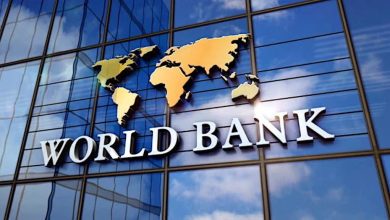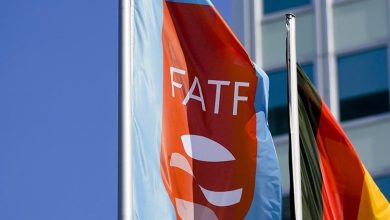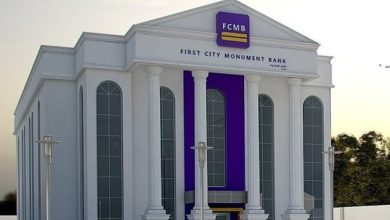FG Says Over 1 Million Nigerians Have Benefited From Loans, Grants Under Renewed Hope Agenda
Over one million Nigerians have benefited from FG’s loans and grants under the Renewed Hope Agenda.
Minister Idris says subsidy savings now fund infrastructure, business support, and student loan schemes.
The Federal Government has revealed that more than one million Nigerians have so far benefitted from its various loan and grant initiatives under the Renewed Hope Agenda, as funds saved from petrol subsidy removal are being channeled into key infrastructure projects nationwide.
Minister of Information and National Orientation, Mohammed Idris, made this known on Thursday during a meeting with State Commissioners of Information at the Progressive Governors’ Forum in Minna, Niger State.
In a statement released by his Special Assistant on Media, Rabiu Ibrahim, the minister highlighted that over 900,000 small businesses have accessed funds through the Presidential Conditional Grant and Loan Scheme, while over 350,000 students are currently receiving support through the government’s Student Loan Scheme.
Idris emphasized that the Renewed Hope Agenda is aimed at delivering tangible progress for citizens across all sectors. “It’s not just about macroeconomic reforms,” he said. “This agenda is focused on creating real opportunities for individuals, families, and communities.”
He disclosed that about ₦70 billion has already been invested in the student loan program, with more than 600,000 applications submitted by students eager to benefit from the initiative. Additionally, another ₦75 billion is being distributed via the Bank of Industry to support Micro, Small and Medium Enterprises (MSMEs) operating in vital economic sectors.
“These figures represent more than just statistics,” the minister noted. “They reflect real and measurable opportunities for Nigerians.”
Idris also defended the federal government’s controversial decision to end the petrol subsidy, describing it as a critical move to steer the economy away from financial instability. According to him, the elimination of the subsidy has curbed waste and redirected resources to infrastructure development.
“Ending the fuel subsidy was one of the toughest but most necessary reforms. It has helped block financial leakages and is now enabling the government to fund major projects,” he explained.
He listed some of the key projects now being financed through savings from the removed subsidy, including the Lagos-Calabar Coastal Superhighway, the Sokoto-Badagry Superhighway, the Kaduna-Kano Standard Gauge Railway, and the Abuja-Kaduna-Kano Expressway.
The minister further said that many states are now receiving significantly higher monthly allocations, allowing them to implement more people-oriented initiatives at both state and local government levels.
Idris urged state information commissioners to engage the public more effectively, especially at the grassroots, to ensure citizens understand these reforms and know how to benefit from them. He encouraged them to work closely with institutions like the National Orientation Agency to deepen public awareness.
“It’s our collective responsibility as information managers to make sure Nigerians not only hear about these programs but also understand how to access them,” he stated. “President Bola Ahmed Tinubu is fulfilling his promise to Nigerians. Now, you must take that promise and turn it into practical hope and action at the grassroots level.”



